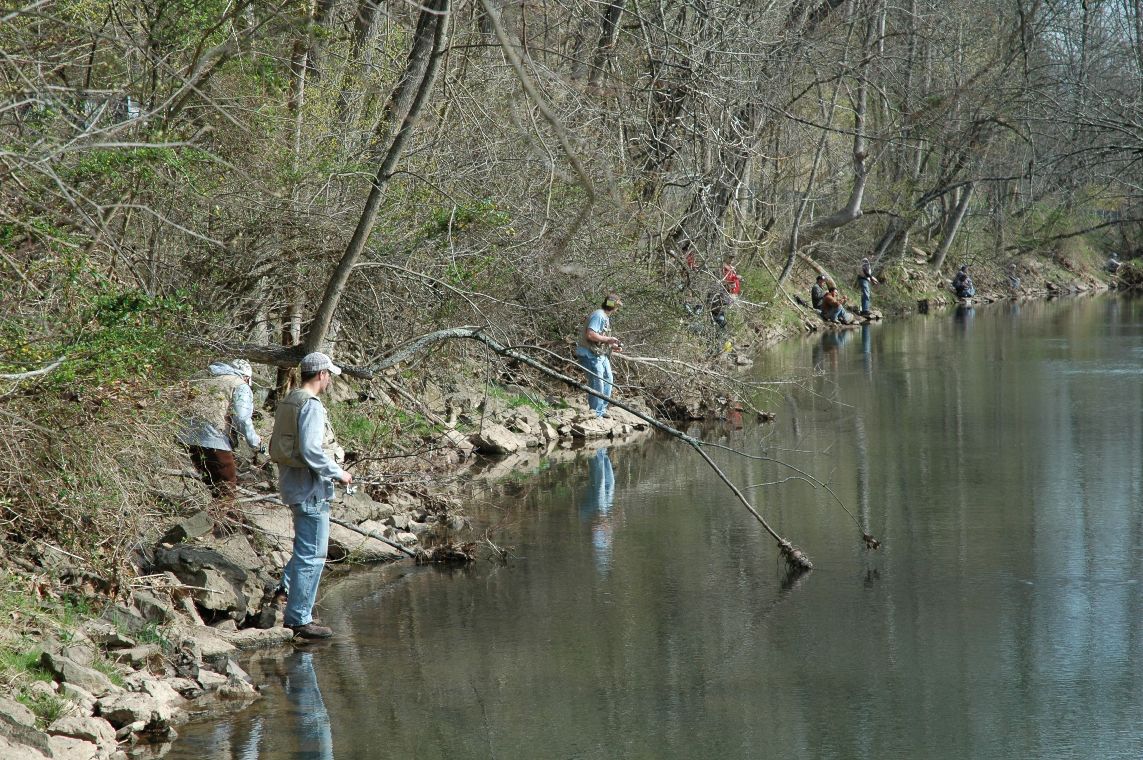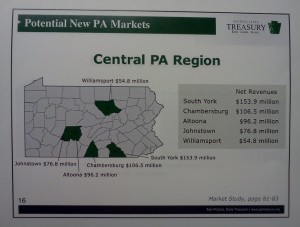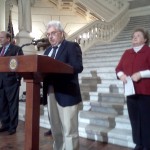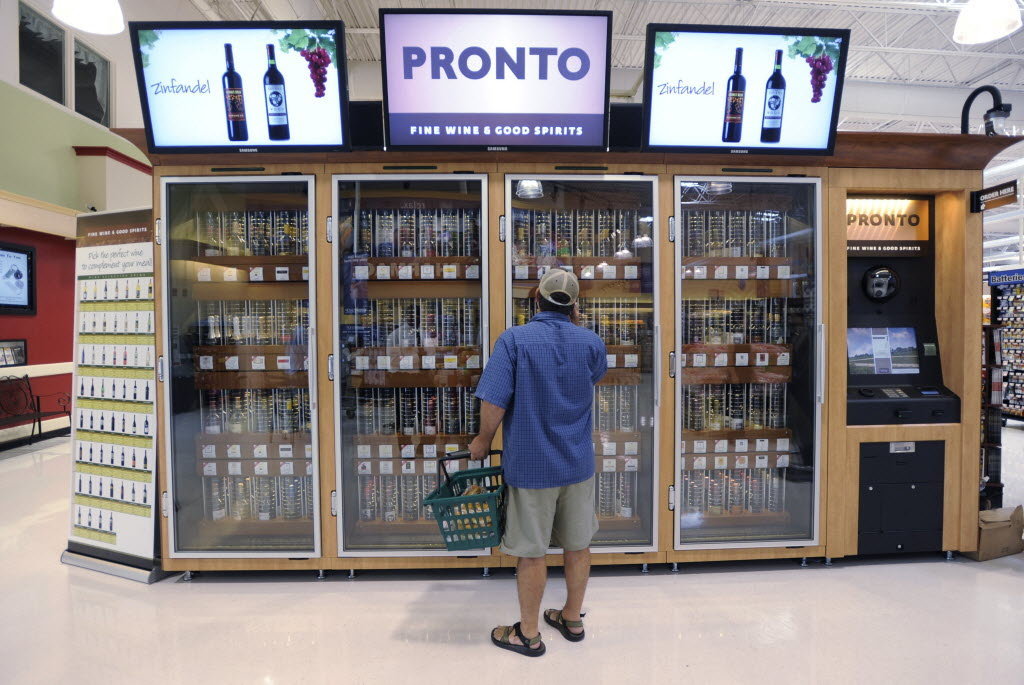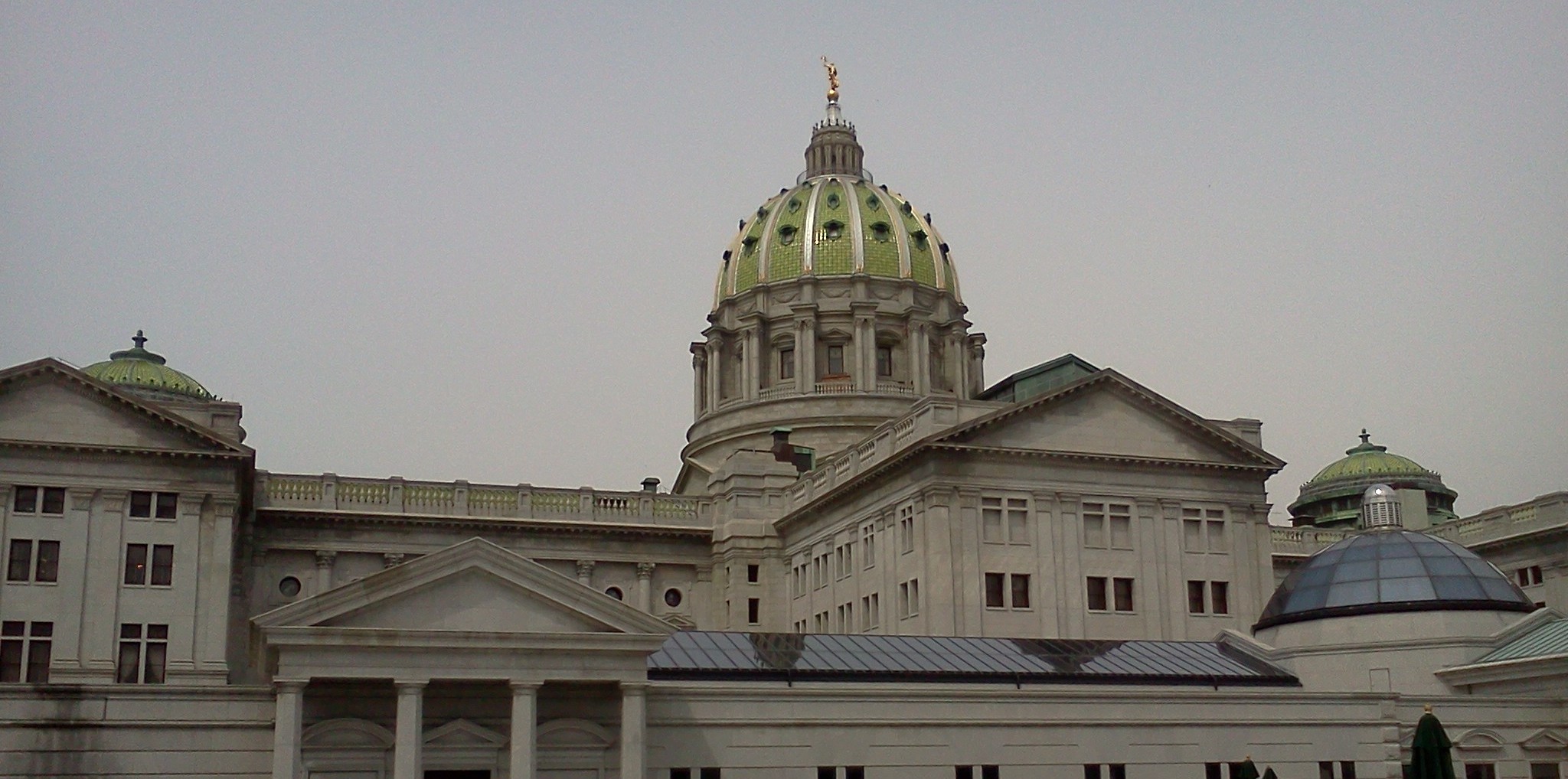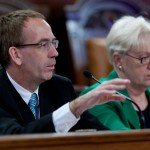Bill Could Help Hook More PA Anglers
An unprecedented decline in fishing license sales is being tracked nationwide. Pennsylvania is no exception, as the Fish & Boat Commission reports 1.4-million PA anglers in 1996, compared to just under one million in 2006. With those numbers in mind, the commission is working to get more Pennsylvanians engaged, and they believe SB 1049 would be a big boost.
The legislation would provide the Fish & Boat Commission with more flexibility to make licenses more convenient and less expensive. “We could look at ideas like a multi-year license, which is one of the prime alternatives that we would look at if this bill passes,” says Fish & Boat Commission executive director John Arway. “Our potential approach to this would be that there may be some cost savings to the anglers to, if they do it for five years or three years, instead of just one year.”
Florida, Georgia and Kansas currently offer multi-year licenses, and all indications at this week’s public hearing were that the program has been a success in those states. Other possibilities, if SB 1049 were to become law, are group licensing and promotional discounts.
“It’s just part of a process that we’re trying to create to encourage more people to get fishing in Pennsylvania. We have many other things to do, but this is the first step,” Arway said in an interview with Radio PA. SB 1049 is expected to come up for consideration in the Senate Game and Fisheries Committee later this fall.
Photo credits: PA Fish & Boat Commission / fishandboat.com


